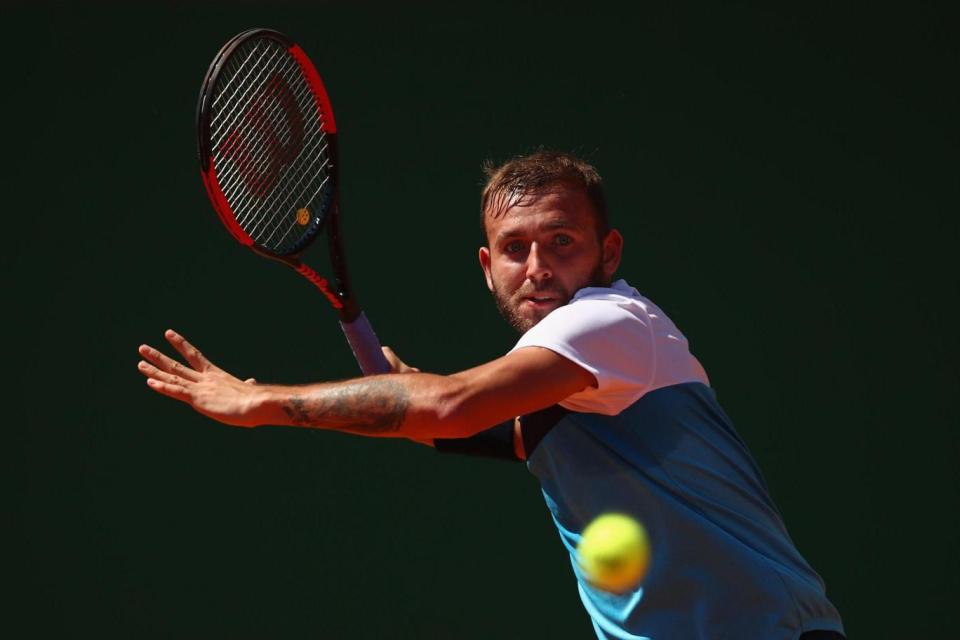Dan Evans tests positive for cocaine: What we know so far

Dan Evans' career is in a state of limbo after the British number three revealed he has tested positive for cocaine.
Evans has been handed a provisional suspension by the International Tennis Federation after testing positive for the drug in April.
Evans, who is ranked 50th in the world, will now miss Wimbledon next month and could face a ban of up to four years if it is deemed to have enhanced his performance.
The 27-year-old called a press conference at the Novotel hotel in London on Friday afternoon where, in a 70-second statement, he said he took the substance out of competition and for reasons "completely unrelated to tennis."
Here are the key issues surrounding the case...
How is cocaine regarded by doping authorities?

Taken out of competition, cocaine is regarded as a recreational drug by the World Anti-Doping Agency and punishments are generally left at the discretion of each sport.
In competition, however, it is considered a stimulant and therefore performance-enhancing.
Under recently revised guidelines, positive tests can result in a ban of up to four years.
Cocaine is also categorised as a "non-specified" substance, meaning accidental ingestion is unlikely.
What is the nature of Evans' offence?

Evans tested positive for cocaine on April 24, during the Barcelona Open, a tournament in which he reached the third round and was not eliminated until April 27.
A statement from the International Tennis Federation says the test was taken "in association with his participation in the Barcelona Open", suggesting it was an in-competition test.
Evans, however, says the substance "was taken out of competition and the context was completely unrelated to tennis". His explanation will be critical as his case is determined.
What happens now?

Evans has now been provisional suspended - as is mandatory for a non-specified substance - pending a hearing by the ITF.
Time served during this provisional ban will be knocked off any future suspension. Any appeal after that can be made to the Court of Arbitration for Sport.
As Evans has already accepted the finding of the test, the case will be about the severity of the punishment.
Are there precedents?
There are two notable cases in tennis which had different outcomes. Martina Hingis was banned for two years in 2008 after testing positive for cocaine.
Richard Gasquet also tested positive for cocaine in 2009 but successfully argued that it occurred as a result of kissing a woman and was banned for only two-and-a-half months.
Where does this leave Evans' career?
There were indiscretions in the past but Evans' form this year had shown a new maturity.
He reached the last 16 of the Australian Open and is currently ranked 50 in the world.
At the age of 27, however, a lengthy ban would leave him facing an uncertain future.
Additional reporting by the Press Association.

 Yahoo News
Yahoo News 
